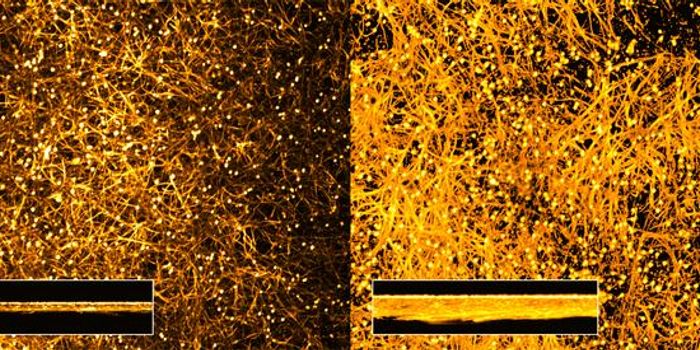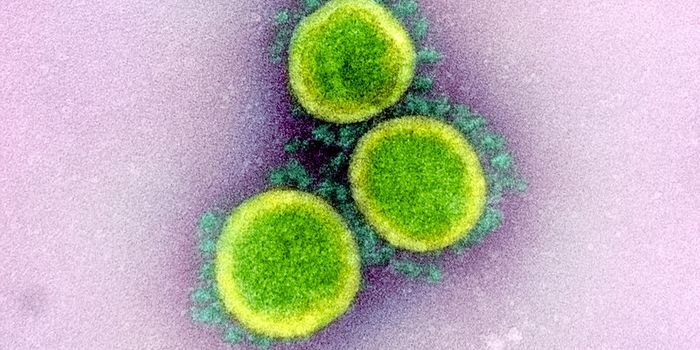Understanding How the Gut Microbiome & Anxiety are Linked
The microbes in the human gastrointestinal tract can influence our health and well-being in many ways. The gut-brain axis is one example of how human biology is connected to the gut microbiome. Scientists have now learned more about how gut microbes are related to anxiety. This research determined that indoles, which are molecules that can be generated when microorganisms metabolize food, can help control brain activity that has been connected to anxiety. The study, which was reported in EMBO Molecular Medicine, suggested that probiotics could also be a way to modify mental health.
Anxiety is a very common health issue; it's estimated that about 4 percent of all people, worldwide, experience anxiety. Researchers wanted to know more about how gut microbes may be associated with anxiety. Mice that totally lacked gut microbes, known as germ-free mice, displayed many more behaviors that are thought to represent anxiety in these animals, compared to mice that carry a typical gut microbiome.
The scientists also determined that increases in anxiety were linked to higher activity levels in a region of the brain called the basolateral amygdala (BLA) that processes emotions, including fear. This heightened activity was connected to neuronal molecules called calcium dependent SK2 channels, which have been connected to anxiety behaviors. These SK2 channels seem to prevent excessive activity in neurons, when the body is exposed to microbial metabolites.
This work seems to show one way that microbes are connected to mental health. "[Mice] without any live microbes showed higher levels of anxious behavior than those with live bacteria. Essentially, the lack of these microbes disrupted the way their brains functioned, particularly in areas that control fear and anxiety, leading to anxious behavior," said co-corresponding study author Associate Professor Shawn Je of Duke-NUS Medical School.
When germ-free mice were exposed to live microbes, the excessive neuronal activity in the BLA was reduced, subsequently reducing activity in SK2 channels. The mice displayed fewer anxiety behaviors, and they become more like control mice.
When the researchers exposed germ-free mice only to indoles, and not live microbes, a similar effect was seen; BLA activity was reduced, along with anxiety behaviors. This seems to show how microbial metabolites and anxiety are linked.
While more research will be needed to determine if indoles can help treat anxiety, this study may open up new therapeutic options for the condition.
"Our findings underscore the deep evolutionary links between microbes, nutrition and brain function. This has huge potential for people suffering from stress-related conditions, such as sleep disorders or those unable to tolerate standard psychiatric medications. It's a reminder that mental health is not just in the brain, it's in the gut too," added Professor Patrick Tan, Senior Vice-Dean for Research at Duke-NUS.









